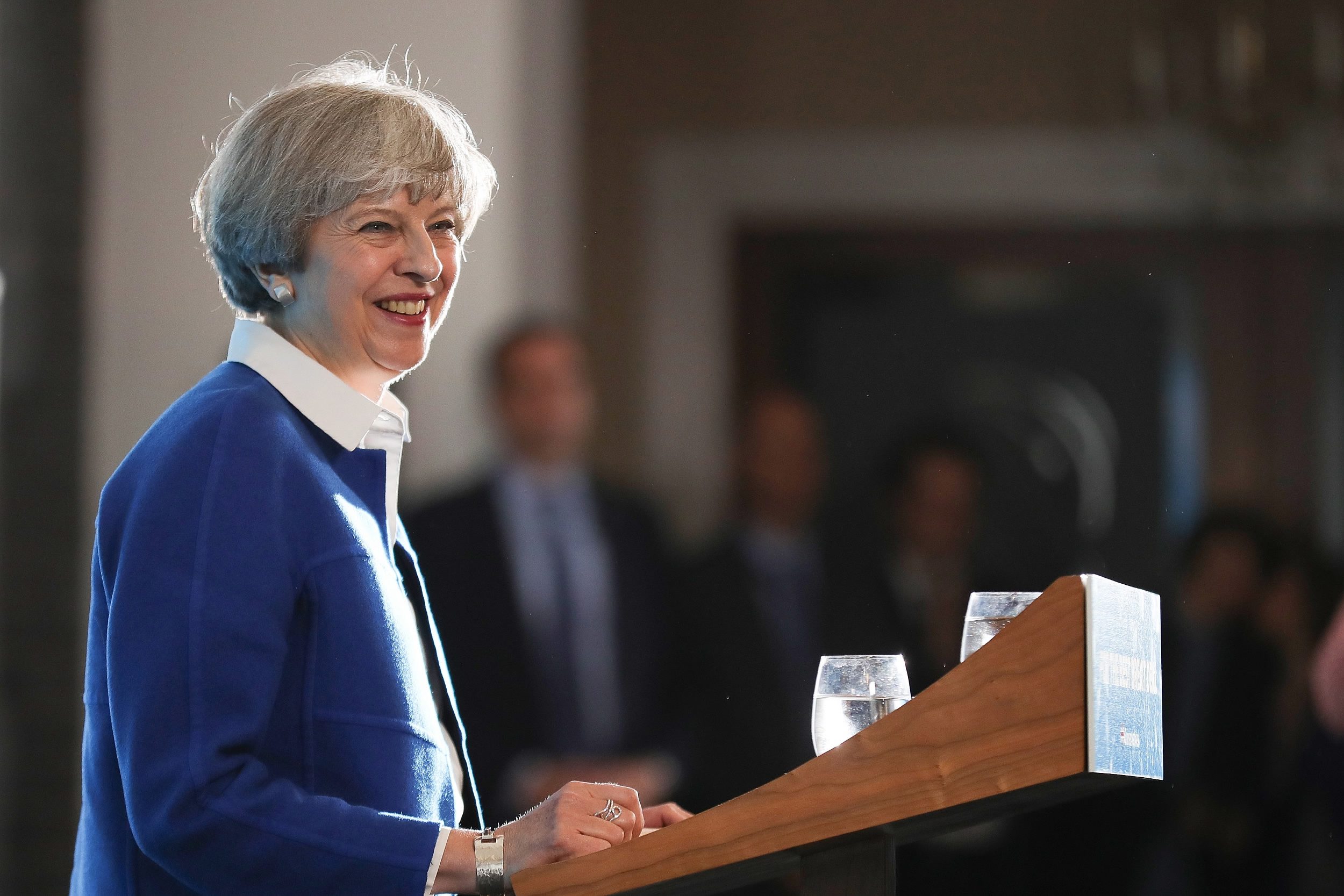Britain's healthcare system faces spiraling costs if expat pensioners living in other parts of the European Union return after Britain leaves the bloc, a study by an independent health charity warned on Wednesday.
Some 190,000 British pensioners are currently receiving healthcare in different EU countries at a cost of around 500 million pounds (641 million US dollars), a year for Britain's state-run National Health Service (NHS).
But the Nuffield Trust study said this could rise to one billion pounds (1.3 billion US dollars) if the pensioners returned, due to higher health costs in Britain compared to other EU countries.

Elderly residents at the Sunrise Retirement Home in Birmingham United Kingdom enjoy playing Nintendo Wii in the lounge. /VCG Photo
If the NHS needed to host people currently receiving care abroad, it would also have to create additional bed spaces, the equivalent of two extra hospitals.
Under a reciprocal scheme, British pensioners have the right to go to any EU member state and receive the same health rights as the local population. The Nuffield Trust urged Brexit negotiators to try to secure a deal that would mean that expats continue to receive care in the countries they reside in.
"The NHS and social care were already under pressure from tight funding settlements and growing staffing problems well before the EU referendum last year," the report's author, Mark Dayan said. "But if we handle it badly, leaving the EU could make these problems even worse," he said.

Prime Minister Theresa May speaks at a campaign rally at The Grand Station in Wolverhampton, United Kingdom, on May 30, 2017. /VCG Photo
Asked about the issue during an election campaign stop in Plymouth in southwest England, British Prime Minister Theresa May said: "I want to see reciprocal arrangements so their rights are protected".
The report also warned about the impact of lower immigration as the NHS is heavily reliant on being able to recruit medical staff from the EU.
Mark Porter from the British Medical Association said: "Politicians must keep the health service and its patients at the forefront during Brexit negotiations and reduce the impact that leaving the EU will have on health and social care across the UK".
(Source: Reuters)









